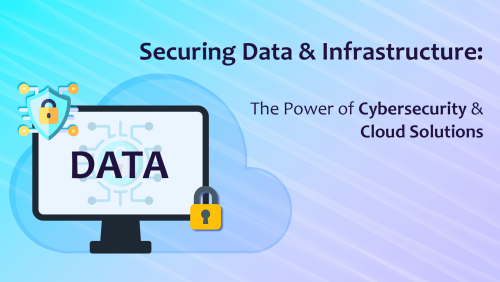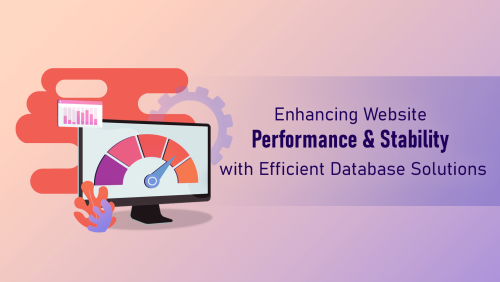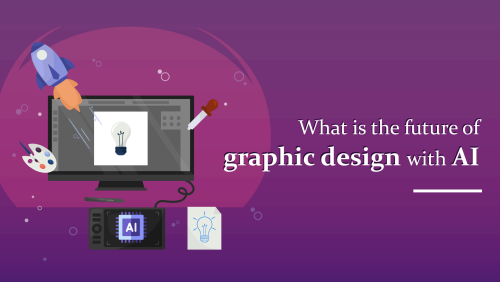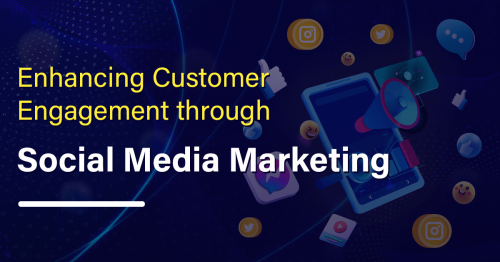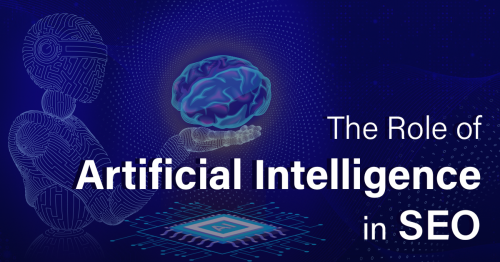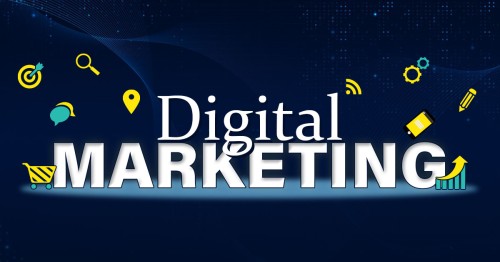
Mastering the Digital Playground: Exploring the Depths of Digital Marketing
In today's fast-paced and technology-driven era, businesses
across the globe are leveraging digital marketing strategies to reach their
target audience and stay competitive. The advent of the internet and digital
platforms has revolutionized the way companies promote their products and
services, allowing them to connect with potential customers on a global scale.
In this article, we will delve into the fascinating world of digital marketing,
exploring its key concepts, benefits, and effective strategies that can help
businesses thrive in the digital landscape.
What are the 4 types of digital marketing?
The four types of digital marketing are:
Search Engine Optimization (SEO): SEO encompasses the enhancement of a website's content, structure, and technical elements to enhance its visibility in search engine results. By using relevant keywords, enhancing user experience, and earning backlinks, businesses aim to increase organic (unpaid) traffic to their website.
Pay-Per-Click Advertising (PPC): PPC is a model of online advertising where advertisers pay a fee each time their ad is clicked. It typically involves bidding on keywords related to their products or services to display targeted ads on search engine results pages or other websites. Common platforms for PPC advertising include Google Ads and Bing Ads.
Social Media Marketing: Social media marketing leverages social media platforms such as Facebook, Instagram, Twitter, and LinkedIn to promote products, engage with customers, and build brand awareness. Businesses create compelling content, run targeted ad campaigns, and interact with their audience to drive engagement and website traffic.
Content Marketing: Content marketing focuses on creating and distributing valuable, informative, and relevant content to attract and engage a target audience. This includes blog posts, articles, videos, infographics, and podcasts. The goal is to establish thought leadership, build trust, and ultimately drive conversions by providing valuable information and addressing customer needs.
These four types of digital marketing work synergistically to help businesses reach their target audience, increase brand visibility, drive website traffic, and generate leads or sales. By combining these strategies effectively, businesses can create a comprehensive and impactful digital marketing campaign.

What are the 7 Cs of digital marketing?
The 7 C's of digital marketing are a set of principles that guide businesses in effectively implementing their digital marketing strategies. These principles encompass various aspects of digital marketing and are crucial for achieving success in the online landscape. Let's explore each of the 7 C's:
Context: Understanding the context in which your target audience interacts with your brand is essential. It involves considering factors such as demographics, interests, behaviors, and preferences to tailor your marketing efforts accordingly. By delivering personalized experiences, businesses can increase customer satisfaction and engagement.
Connectivity: Digital marketing thrives on connectivity. It is about utilizing various digital channels and platforms to establish connections and engage with the target audience. Building an online presence, leveraging social media, and optimizing mobile experiences are some ways to enhance connectivity with potential customers.
Community: Creating a sense of community around your brand is a powerful digital marketing strategy. It involves fostering engagement, encouraging user-generated content, and nurturing relationships with customers. By building a loyal community, businesses can benefit from word-of-mouth marketing and brand advocacy.
Commerce: Commerce refers to the transactional aspect of digital marketing. It involves creating seamless online shopping experiences, optimizing e-commerce platforms, and implementing secure payment gateways. By simplifying the buying process, businesses can boost conversions and drive sales.
Conversion: Conversion is the ultimate goal of digital marketing. It refers to the desired action taken by the user, such as making a purchase, signing up for a newsletter, or filling out a form. Optimizing conversion funnels, implementing persuasive call-to-actions, and analyzing data help businesses improve their conversion rates.
Customer Experience: Providing an exceptional customer experience is vital in the digital landscape. It involves delivering personalized interactions, addressing customer pain points, and providing timely support. By prioritizing customer satisfaction, businesses can foster loyalty and generate positive reviews and recommendations.
By incorporating the 7 C's of digital marketing into their strategies, businesses can create holistic and effective campaigns that resonate with their target audience, drive engagement, and achieve their marketing objectives.
.png)
What is an example of digital marketing?
One example of digital marketing is the use of social media advertising campaigns. Businesses can create targeted advertisements on platforms such as Facebook, Instagram, or Twitter to reach a specific audience based on demographics, interests, or behavior. These ads can include engaging visuals, compelling copy, and a call-to-action to drive user engagement, website traffic, or conversions. By leveraging social media platforms, businesses can effectively promote their products or services, increase brand visibility, and connect with potential customers in a digital space.
How do I start a digital marketer?
If you are looking to begin a career as a digital marketer, here are a few steps you can take to get started:
Educate Yourself: Start by acquiring a strong grasp of the fundamental concepts and strategies in digital marketing. Take online courses, attend workshops, or pursue a degree or certification program in digital marketing. This will provide you with a strong foundation and knowledge base.
Identify Your Specialization: Digital marketing encompasses various areas such as search engine optimization (SEO), social media marketing, content marketing, email marketing, and more. Identify the area that interests you the most and aligns with your skills and strengths.
Build Your Skills: Develop relevant skills by practicing and gaining hands-on experience. This could involve creating your website or blog, managing social media accounts, running ad campaigns, or conducting keyword research. Utilize online resources, tutorials, and tools to sharpen your skills in your chosen specialization.
Network and Learn from Experts: Connect with professionals in the digital marketing industry through networking events, online communities, and social media platforms. Engage in conversations, seek mentorship, and learn from their experiences. This can provide valuable insights and guidance for your career.
Create a Portfolio: As you gain practical experience, showcase your work by building a portfolio. Include examples of successful campaigns, content creation, website optimization, or any other relevant projects. A portfolio demonstrates your skills and capabilities to potential employers or clients.
Stay Updated: Digital marketing is a dynamic industry that continually evolves, so it's crucial to stay informed about the latest trends, algorithm updates, and industry news. Follow industry blogs, subscribe to newsletters, and participate in webinars or conferences to stay abreast of the latest developments.
Apply for Opportunities: Start applying for entry-level positions or freelance projects in digital marketing. Look for job postings on online job portals, company websites, or freelancing platforms. Highlight your skills, relevant experience, and your passion for digital marketing in your applications and interviews.
Continuous Learning: Digital marketing is an ever-changing field, so continue learning and expanding your skill set. Stay curious, seek new challenges, and be open to learning from both successes and failures. Take advantage of online courses, webinars, and industry resources to keep growing professionally.
Remember that building a successful career in digital marketing requires dedication, continuous learning, and adaptability. By staying passionate, proactive, and keeping up with industry trends, you can pave the way for a rewarding career in this dynamic field



